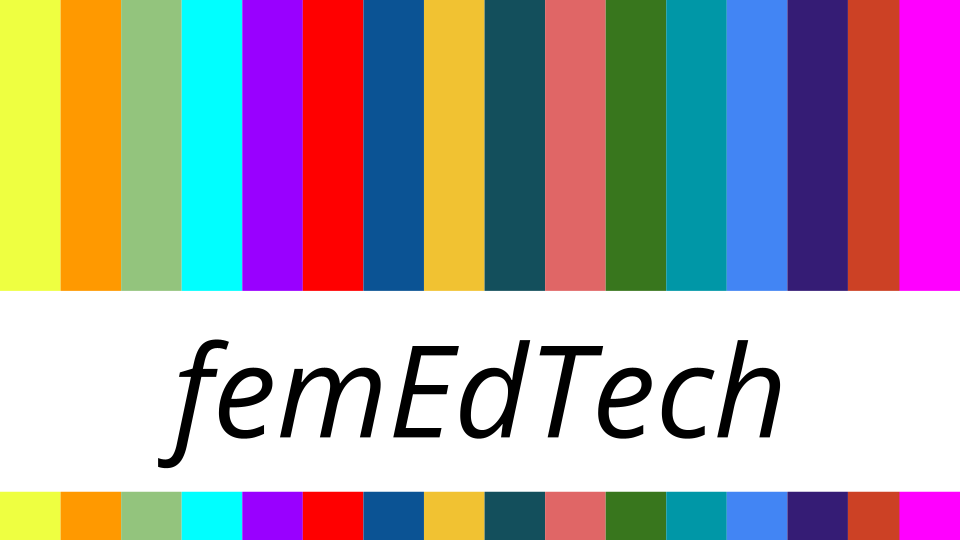When the pandemic first hit, the Open University used OpenLearn, our free learning platform, to share open educational resources (OER) on Taking Your Teaching Online, to support educators across the sector in doing what the OU has been doing so well for years. In the Access, Participation and Success team at the OU in Scotland, we moved our workshops for community and voluntary organisations online, offering to introduce them to OpenLearn so they would be confident supporting people to access online learning. We sent out regular mailings signposting them to useful resources. We mobilised to share our experience and our resources with the world, but we forgot the cake.
Our Open Learning Champions project has been running since 2015, “reaching out with OER” to communities across Scotland (Perryman and Coughlan, 2013). Our champions have existing relationships with people in disadvantaged communities that the university is keen to engage with. Some champions have roles in adult education or widening access, while others are support workers, employment advisors or volunteer coordinators. They all support learners to access OpenLearn and plan their learning journeys. When we evaluated the project in 2021, we had run workshops with nearly 400 Open Learning Champions in 27 of Scotland’s 32 local authorities. The pandemic had skewed our planned timescale for the evaluation, but it gave us the opportunity to include the impact of Covid on our champions’ practice in the questionnaire we sent out in 2021.
There were some happy stories – of activities becoming more accessible to learners who previously had not been able to travel: disabled people, people with caring or childcare responsibilities, people in remote and rural communities. Of volunteers using the Mental Health and Wellbeing hub on OpenLearn to engage with people in their communities who may be struggling. Of taking the opportunity to run a digital skills course over 8 weeks with a group of young migrant women. Of increased confidence, enhanced digital skills, badges gained and journeys into formal study.
But the champions also told us about their own needs. They cried out for community and opportunities for their own learning. They missed our annual champions networking event. We responded by offering virtual Champions Coffee Mornings, initially to offer peer support and then in response to champions’ articulated learning needs, a short, informal presentation from a guest speaker with plenty of time for questions, for conversation and sharing of tips and stories and resources. Maha Bali (2021) has written about caring for educators as part of a pedagogy of care. She also ran online coffee sessions for colleagues during the pandemic, a “relaxing synchronous session” to chat or to get help with something they needed from a “caring community of educators”.
What we found was that the response was warm but the attendance was low. As the small group who attended the first morning opened up, they shared stories of digital burnout. They were working online, supporting learners online, home schooling and even socialising online. Some were studying online too. They were tired of screen time. They also talked about being time poor. While they no longer needed to commute or travel to meetings, their workload had increased and they hadn’t time to catch a breath. Every team was chronically short-staffed due to illness, cutbacks and inability to recruit. Making time for self-care was now a luxury. Mays Imad (2021) suggests that what educators are describing, as the impact of the pandemic continues, are signs of traumatic stress. While the demands of each of the champions’ workloads were outwith our power to influence, we could respond to their stress by centring their care and wellbeing.
We recognised that our community of champions needed nurturing, so we turned to cake. Borrowing an idea from the OU’s Graduate School, we identified a supplier who could post out cake in advance of the coffee mornings. We promoted them as “virtual coffee with actual cake”. Registration increased, and more importantly, so did attendance. People who would have de-prioritised the coffee morning at some point between registration (when they were asked their choice of cake) and attending, were prompted by the cake’s arrival in the post to attend after all. They relaxed for an hour. They smiled. They talked about cake and how the shared experience of eating it made them feel part of a real community. Cake managed to remove some of the inherent boundaries of ‘virtuality’ and foster that sense of community and belonging our champions were missing in their increasingly digital world.
We’re conscious that the roots of burnout are systemic, and that cake can’t address the issues of pandemic-related trauma and toxic cultures of overwork. What we can say is that this small, low-cost intervention from the university was perceived as a human response that had a noticeable impact on our champions’ wellbeing, if only for that small space we helped them prioritise for self-care. We invite you to reflect on the role of cake (and care) in your practice.
Gill Ryan and Ewe Grzanka, Access, Participation and Success managers, The Open University in Scotland
Bali, M (2021) Pedagogy of Care – Caring for Teachers. Reflecting Allowed (blog). Posted 10 April 2021.
Imad, M (2021). Transcending Adversity: Trauma-Informed Educational Development. To Improve the Academy. Vol 39.3.
OU in Scotland (2022). The Open Learning Champions project evaluation report 2016-2021.
Perryman, L. and Coughlan, T. (2013) The realities of ‘reaching out’: enacting the public-facing open scholar role with existing online communities. Journal of Interactive Media in Education, article no. 21.



Provide Feedback